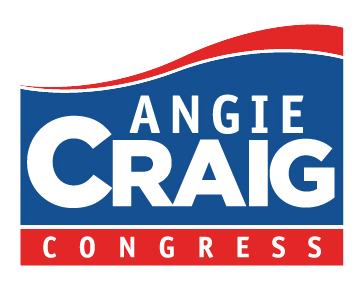By: Jeremy Drucker
7/28/2020
In the early morning hours of July 28, 2017, Sen. John McCain made one of the most consequential votes in the history of American health care when he gave his memorable “thumbs-down” to block Senate Republicans’ effort to repeal the Affordable Care Act (ACA). It was the dramatic culmination of a battle that had raged for more than half a year as Republicans in Washington tried to repeal and replace the ACA. No matter that it protected millions of Americans with pre-existing conditions. No matter that it helped millions more access coverage that would otherwise have been unaffordable.
Before even taking office Donald Trump promised that Republicans would repeal the Affordable Care Act on day one of his presidency. In October of 2016 during the election he said it is “going to be so easy” to get a new health care law. But by February 2017 he was complaining that “nobody knew health care could be so complicated.” Had he asked anyone who actually worked in health care he would have known this much sooner.
Americans across the country watched through the spring and summer of 2017 as plan after plan was floated attempting to devise a better solution. Every moderately serious proposal was nothing more than an inferior copy of the ACA that would have resulted in an increase in the uninsured rate and deep cuts to vital public health care programs for the elderly and people with disabilities. All were opposed by nearly every major medical, health care, and advocacy organization.
Offered a different path
When McCain cast the deciding vote against his own party’s signature issue of the last decade he was offering Republicans a path away from their quest to repeal a law that provides health care for more than 20 million Americans. The members of his party could have realized that the ACA, while imperfect, was still better than anything they could devise, and worked with members on both sides of the aisle to improve the law and make it work better for Americans of all stripes.
Instead, they chose to double down on the harmful repeal agenda by trying to do in court what they couldn’t achieve legislatively.
In a move that shocked legal experts, the Trump administration not only declined to defend the law of the land from a lawsuit brought by Republican attorneys general that would overturn the ACA, but joined in it as well. That case is now before the U.S. Supreme Court. The administration has not yet developed a replacement plan and said it would not do so until after the ACA is repealed, thus leaving the health care of millions in jeopardy. Not even the advent and spread of the coronavirus pandemic could dissuade them from dropping the lawsuit.
At stake in the lawsuit is coverage for more than 265,000 Minnesotans — and protections for the more than 2 million with pre-existing conditions, not to mention the millions of Americans who have contracted the virus. It would eliminate the Medicaid expansion, raise drug prices for seniors, kick adult children off their parents’ health coverage, undermine the fight against the opioid epidemic, increase racial disparities, and more.
A sturdy framework
Polling shows that a majority of Americans support the ACA. People like the law’s provision that funds Medicaid expansion and protections for pre-existing conditions, and in red states across the country Medicaid expansion ballot initiatives are winning. Ten years after its passage people have come to not only accept but rely on the fundamental features of the law. And while it remains imperfect, it is a framework that can be built upon.
Over the last two years Democrats, including Minnesota’s own Rep. Angie Craig, have introduced multiple pieces of legislation that would do just that. From lowering health insurance premiums and prescription drug costs to shoring up provisions in the law that have been weakened administratively by the Trump administration, Democrats have continued to push for increased health care access and affordability. None of these bills have been taken up by the U.S. Senate.
Most people want elected leaders to work on issues that better their lives, not partisan crusades to redeem the lost ideological battles of the past. John McCain, who was no fan of the ACA, understood this better than most, and stood up for his constituents and Americans across the country when he cast his fateful vote protecting the Affordable Care Act. We could use more like him today.
